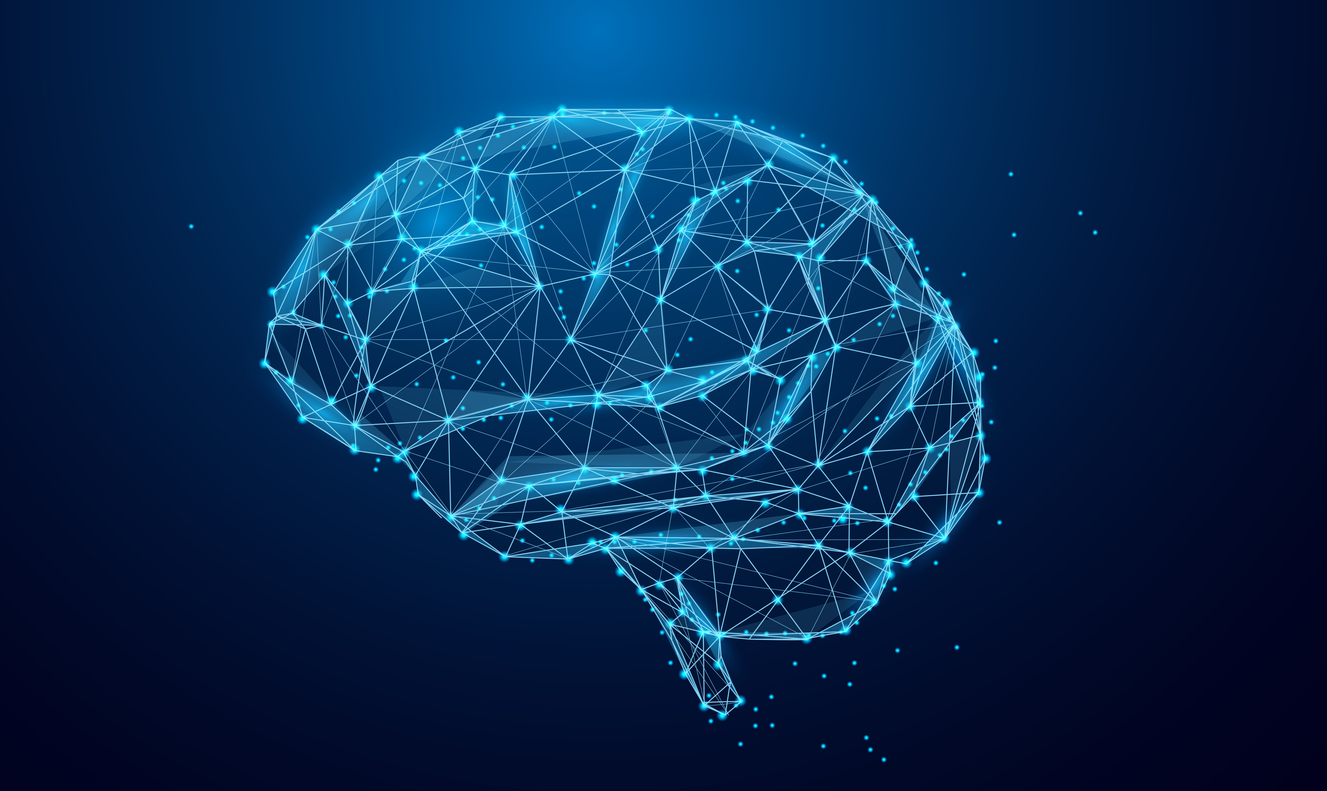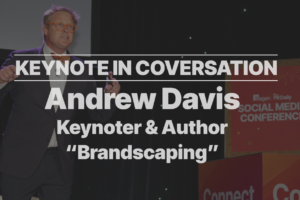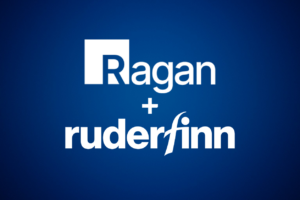How will AI impact the future of work for communicators?
We spoke with Alex Schwartz and Nate Thompson of “The Disrupted Workforce” Podcast about what changes could be coming and how to communicate them.

You’ve surely heard about the massive impact that generative AI applications like Chat GPT will have on society and how they are affecting our jobs as communicators. It’s certainly stirred fears of workers being replaced by AI and has necessitated communicators to think about this prospect.
But according to Alex Schwartz and Nate Thompson, hosts of “The Disrupted Workforce,” AI not only can change the future of work for the better, but also help employees reach their full creative potential.
Nurturing an open and curious workforce
Between the significant changes brought about in the workplace by the COVID-19 pandemic and the more recent rise of generative AI, it’s apparent that the modern workplace has permanently changed. But with so much tide shifting in such a short amount of time, the prospect of organizations adapting quickly can seem tough. With employees worried about losing their job to AI, Thompson said that the frame of mind — and an emphasis on health and wellness in the workplace — are an often undiscussed consideration around communicating about AI.
“Mental health has a lot to do with the goings on in the world around us, and AI is no exception,” Thompson said. “It’s important to have a mindset of openness to these changes, because that openness, particularly as it applies to AI, will help those who are willing to work with this tech build company cultures going forward.”
Schwartz echoed Thompson’s sentiment and added that even with the rise of AI, the human element of curiosity is still going to be incredibly important in the future workplace.
“It’s all about curiosity and the desire to continuously learn. When you’re willing to learn about and explore new technologies like AI, we can elevate more than just the functions of the business. We can place more emphasis on our humanity and focus on job functions that really matter to us as people, like DE&I initiatives,” Schwartz said.
Talking about AI and creating proper frameworks
With any new tech, there should be conversations about how to properly use it organized by communicators. With recent reports of some employees feeding Chat GPT sensitive business information, the reality of privacy concerns creates a real reputational risk that communicators can help mitigate.
Stories like this are bound to cause some concern for organizations and their employees alike. Thompson said that the best way to begin the conversation on such a groundbreaking tool with wide-reaching capabilities is to introduce it in an inclusive, people-first way.
“It’s important to frame things as an open invitation – that’s a human-centric method of outreach,” Thompson said.
“If you’re the comms department, it’s wise to lead this charge and show AI programs like ChatGPT to the organization — the good, the unknown – all of it. You can curate it in a way that brings shared understanding to the room, and that can help alleviate the fear that often exists around disruptive technologies. Doing that is going to put minds at ease and create a more positive culture around it.”
Schwartz likened the rise of AI to the advent of the internet, emphasizing the need for education and frameworks that set guidelines and best practices for using the tech properly at work.
“Imagine telling someone when the internet came around, ‘Just stick with the pen and paper!’” Schwartz said. “People are going to be resistant to the changes that come, but if they lean into the spirit of exploration, they can do great things.”
AI and the employee experience
With all the questions swirling about how AI is going to impact jobs, it’s also worth asking — what should companies expect out of employees after the tech is implemented? How will that affect workload, compensation, or other factors?
“It’s wise to talk about how AI is going to impact work now rather than waiting and getting caught flat-footed,” Thompson said.
“It’s worth looking at how we measure success now and how that might change with AI in the picture. As things unfold, we should ask if we’re being thoughtful of the human experience. We need to have proactive conversations about how tech is going affect not just the work, but the people behind it and what they get out of their jobs.”
Schwartz added that the rise of AI will help employees identify what skills they can really hone in on once AI helps streamline their workloads.
“With the added productivity that technology gives you, it’s worth evaluating how your skills map against the business metrics against which you are measured,” he said. “A lot of organizations might struggle to come up with these metrics or adapt if they don’t have a good openness to working with AI.”
Both Thompson and Schwartz agree that modifying metrics and methodologies should happen through a collaborative process that folds in employees. This will make room to address some deeper existential worries AI while providing another touchpoint to communicate the importance of your employees’ skillsets. In a society in which many people feel defined by their occupation, this is a big deal.
Thompson emphasized that it will be increasingly crucial for businesses to foster employee buy-in to these changes and remind them that their talents are still valuable.
“That’s a big part of psychological safety. We can hand off the mundane work to tech — it’s not an indictment on you as a person — it’s an opportunity for you to rise to your full potential and excel. Even with AI in the picture, the future of work is human.”
Sean Devlin is an editor at Ragan Communications. In his spare time he enjoys Philly sports, a good pint and ’90s trivia night.








To you point about mindset and openness, I wish we could refer to AI as “Augmented Intelligence” as its originators intended versus “Artificial.” Augmented so much better captures the value and direct benefits.